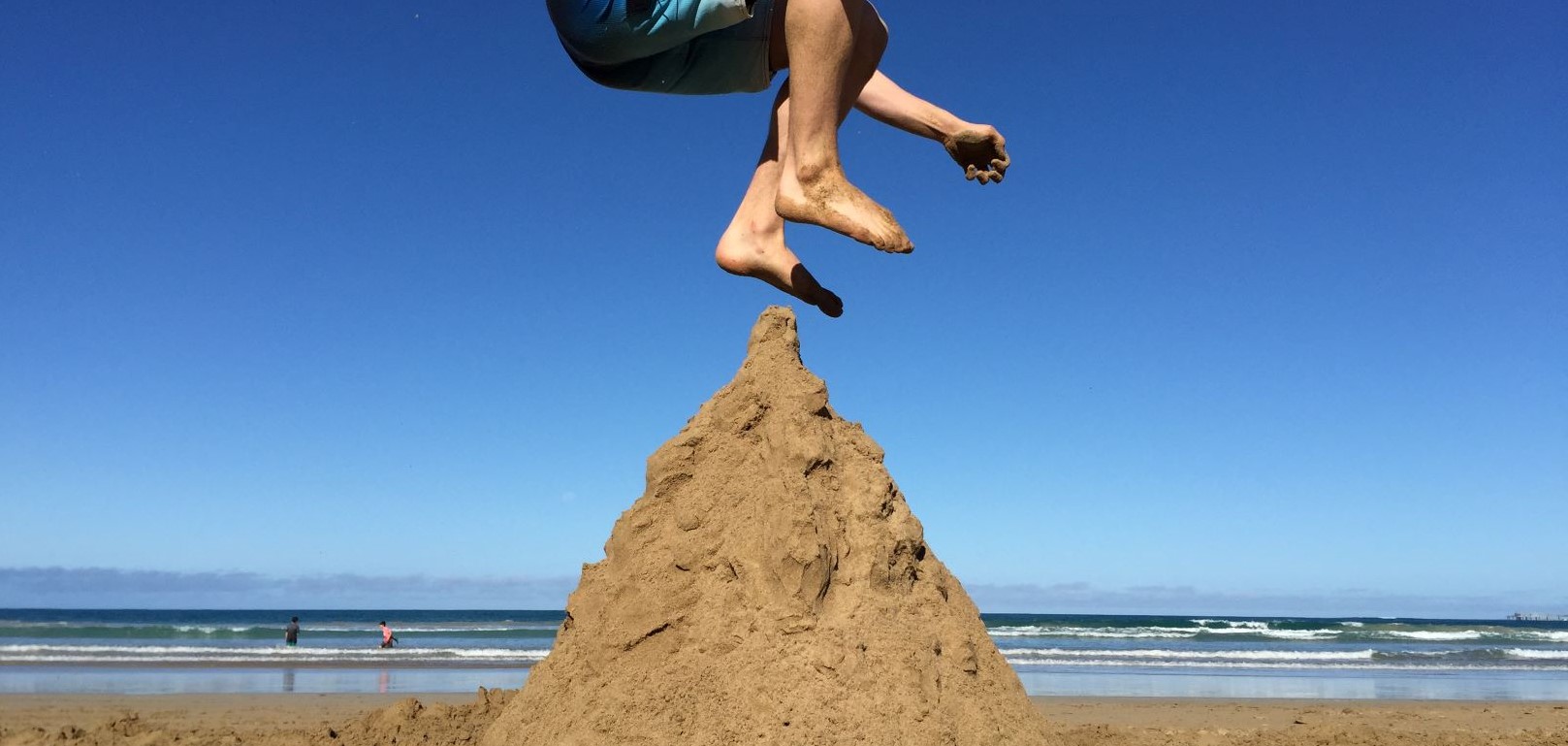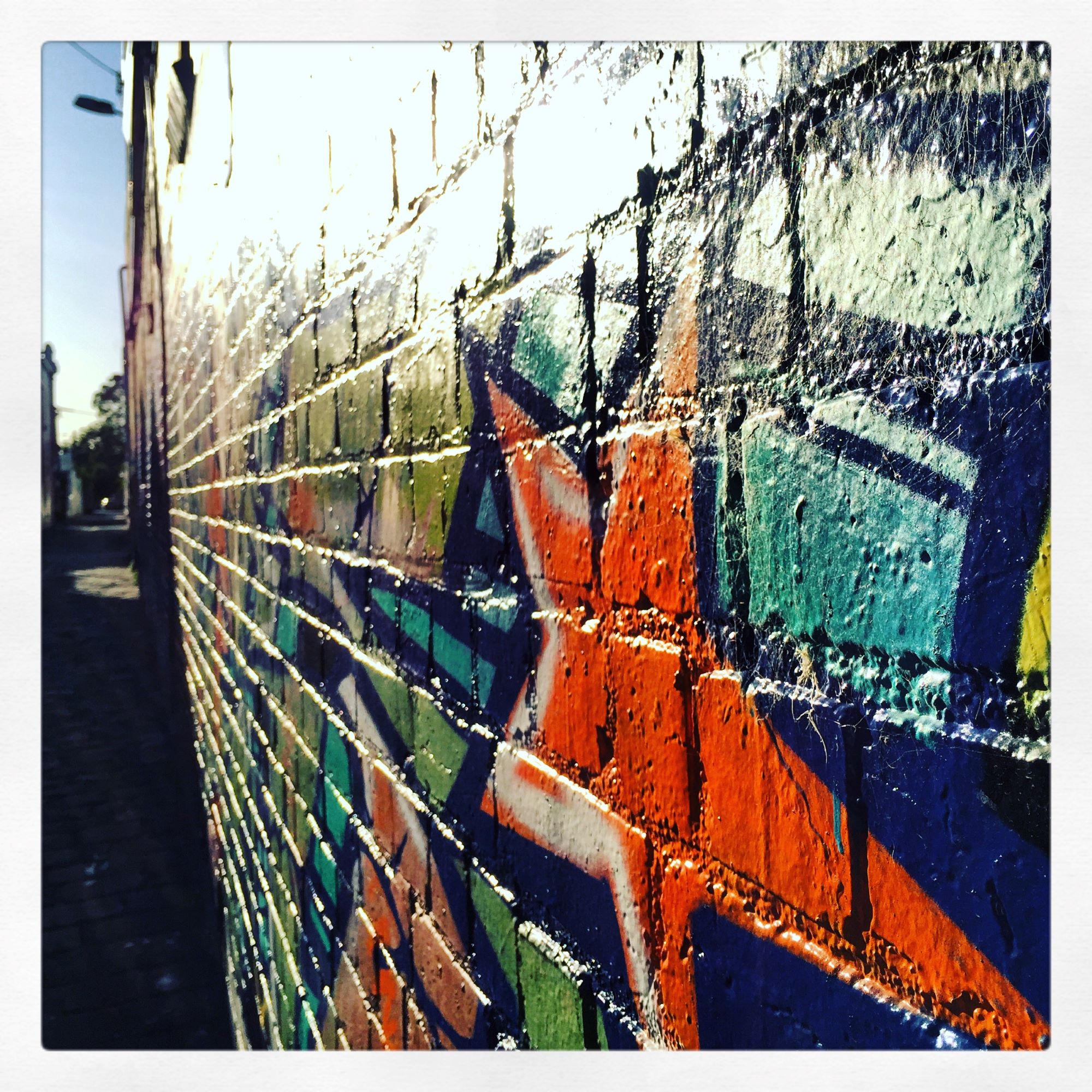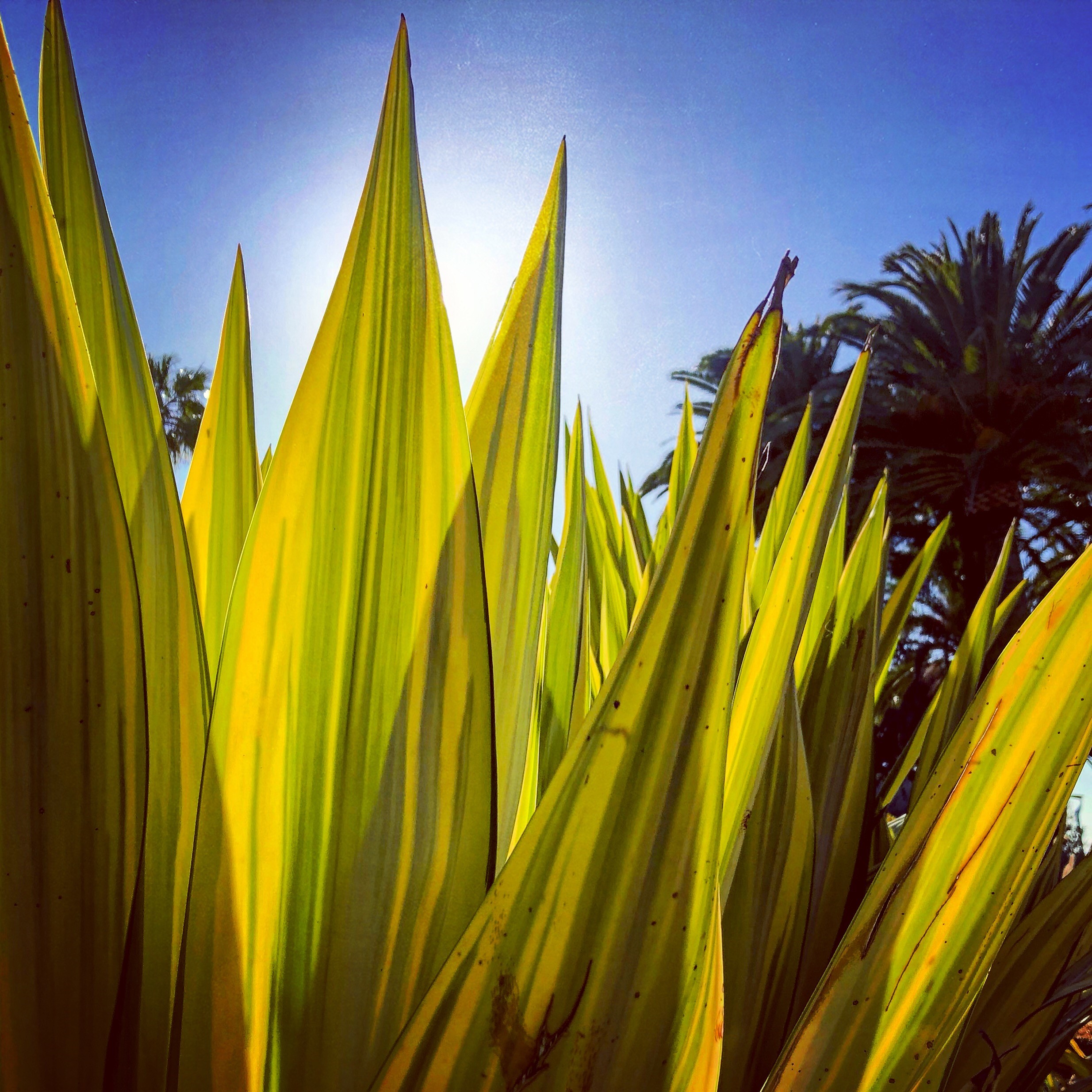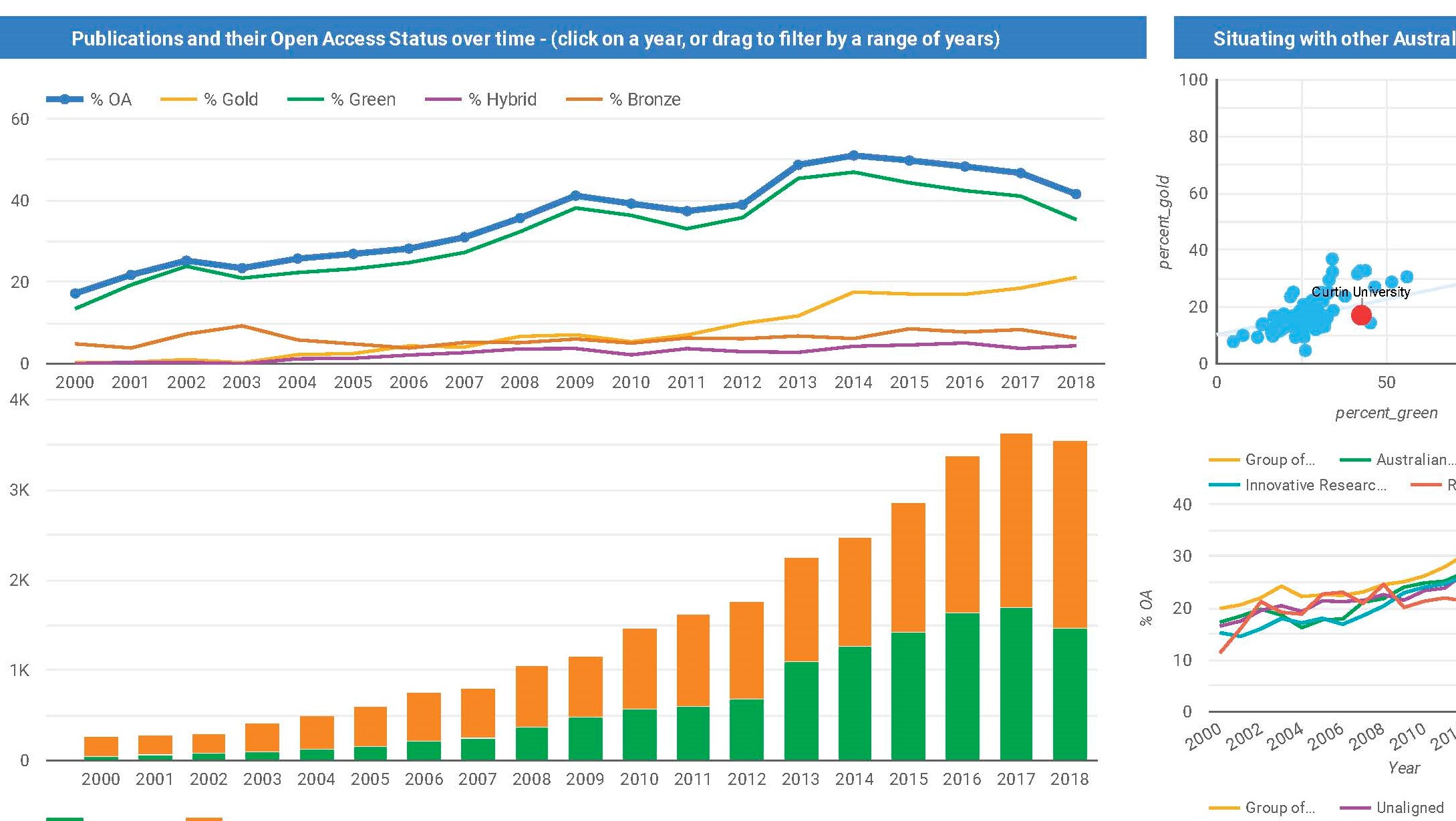
The evolution of the internet has resulted in digitisation of many scholarly tomes, but also further obscured what we know about the influence of monographs.

The evolution of the internet has resulted in digitisation of many scholarly tomes, but also further obscured what we know about the influence of monographs.

Setting one benchmark for universities is hard.

Project co-lead Cameron Neylon writes about online festivals, celebrating success and the challenges of infrastructure.

How do you avoid talking to the same groups of individuals with your research publications?

In September last year – or in another universe depending on how you want to look at it – the COKI project received funding from Arcadia …

Over the past 20 years, higher education systems in wealthier countries have embraced narrow rankings systems which purport to evaluate and recognise global excellence but in fact exclude many of the discoveries and insights of universities in countries in the Global South.

Around the world, respect for the work of university researchers appears to be on the rise.

The threat of COVID-19 to health and economies has sparked an unprecedented growth in open access to research outputs.

The Curtin Open Knowledge Initiative (COKI) project is developing online, interactive data dashboards relating to aspects of university research performance. Dashboards include a broad range of metrics, relating to open access, citations, collaboration, funders, publishers and journals, altmetrics, and the diversity of academic and non-academic staff.

**The intersections between less privileged groups are easy to overlook – but essential to understand in order to develop a clearer picture of equity, diversity, and inclusion. ** For example, a person who is both a woman and non-white may experience bias and discrimination relating to each of those characteristics separately, or in combination. Specific issues may also arise only for people who have both of these characteristics.